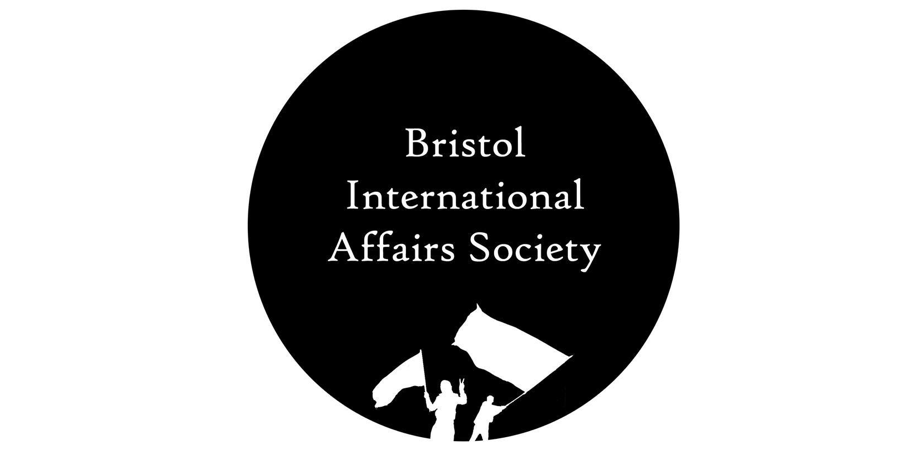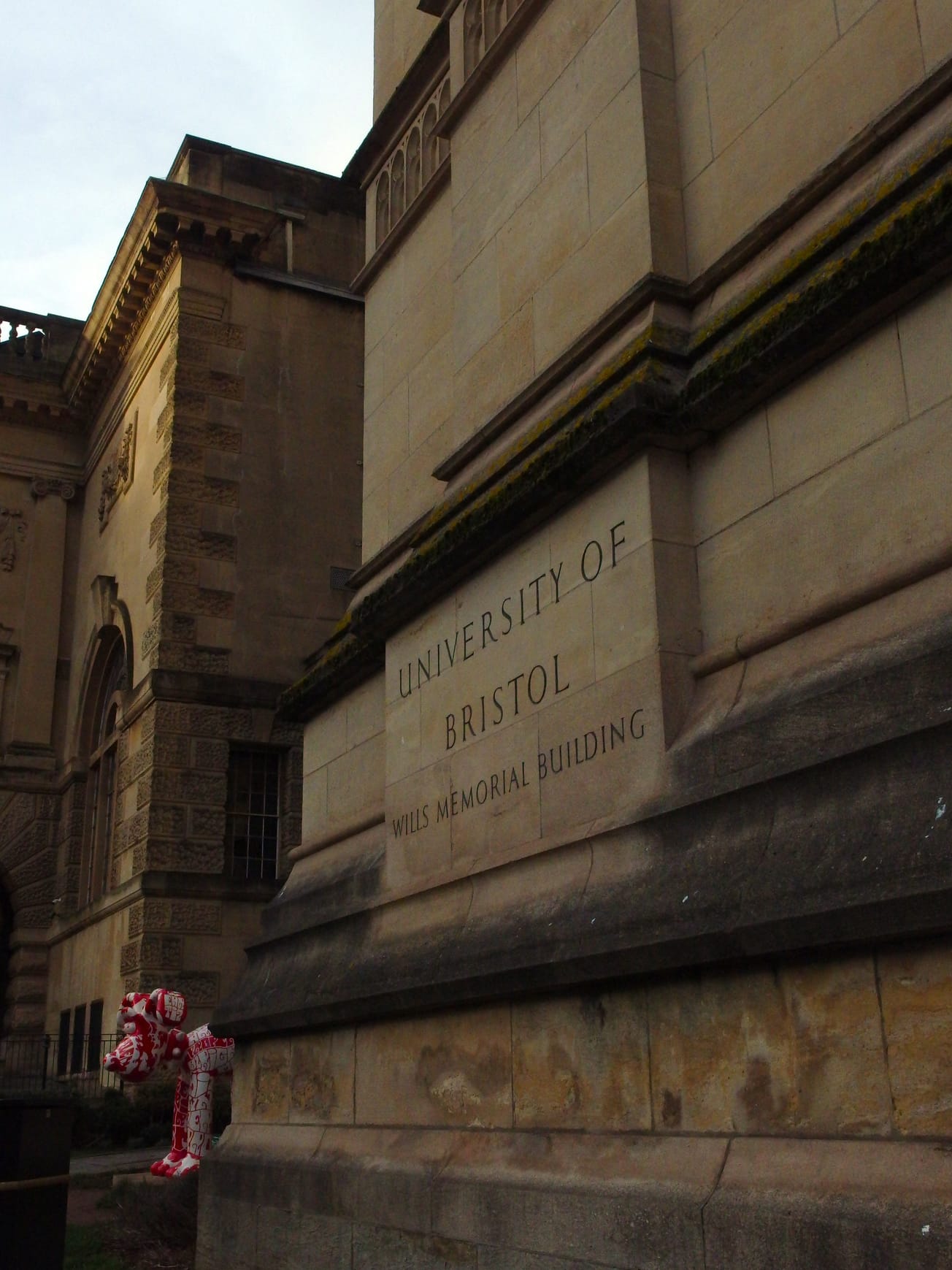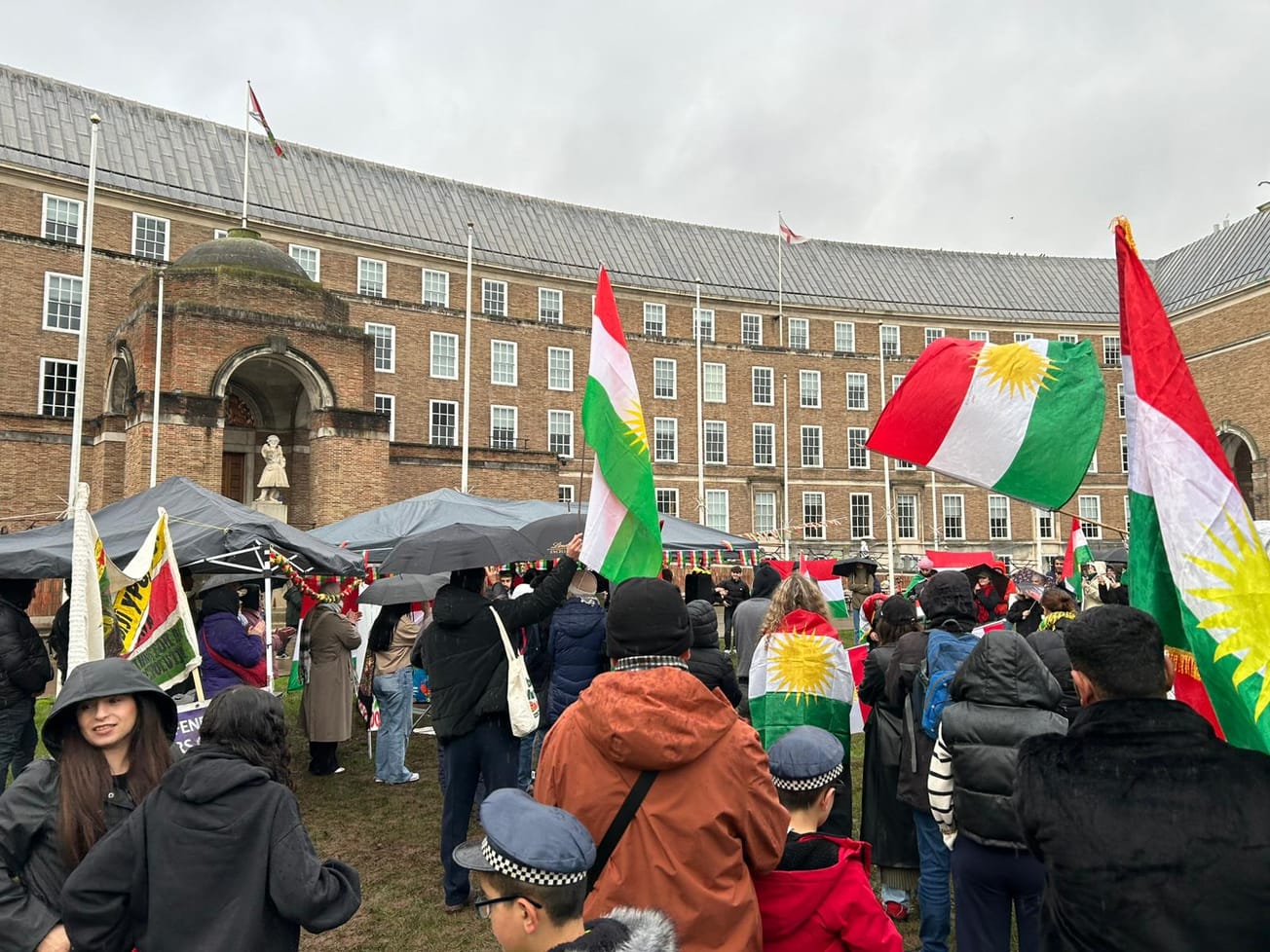Michela Wrong, a former Reuters, BBC and Financial Times Africa correspondent, has refused an invitation to speak from the International Affairs Society (IAS) due to SU policy.
According to the International Affairs Society, Wrong was all set to attend but backed out when the SU looked into her and her work, for fear of feeling she was implicitly endorsing the sentiment behind safe space policies.
The SU’s Safe Space policy was introduced in 2009 by the student council. In June 2016, the Student Council passed a motion to abolish the Safe Space Policy as it stood and ‘engulf the anti-discrimination and not-threatening spirit of it into the revised Code of Conduct’.
Societies currently have to fill out an External Speaker Request Form so all aspects of the speaker’s visit can be considered. The form requires detail on any controversy surrounding the speaker, whether they have religious or political affiliations and the topics they will be covering. The SU then approve or disapprove the speaker.
In an email sent to the society on the 8th November, Wrong said that she is ‘very sorry, but as you probably guessed, [she] won’t be coming to Bristol’. She continues: ‘I take exception to the entire notion of “safe spaces” and the practice of “no platforming”.
‘I suspect I would sail through your Students Union vetting process without any trouble. But that’s just not the point, somehow.’
In justification, she writes about her work in and about Africa and the number of journalists who have been ‘detained, arrested, threatened and sacked’ in an attempt by African regimes to silence criticism. Considering this, she argues that she sees ‘no call for “safe spaces” on campuses: the world I have lived and worked in as a reporter offers none, after all.
‘Students need to be prepared for that gritty reality. As for “No Platform”, that’s exactly what governments in Eritrea, Ethiopia, DRC, Zimbabwe, Rwanda, Kenya, Burundi, Angola, Cameroon, Equatorial Guinea, Togo etc etc. routinely grant writers, journalists, analysts, human rights campaigners and members of civil society.’
'I am more aware than most of the way such policies distort our understanding of the world and silence informed debate, so why on earth would I endorse that system at home, as part of British society?'
Wrong also refers to the SU's attempt to no-platform the philosopher Sir Roger Scruton in October 2016 due to homophobic comments.
An IAS spokesperson told Epigram: 'The International Affairs Society is disappointed that this policy leaves distinguished individuals such as Michela Wrong unwilling to speak at our university. We respect her decision not to attend based on her principled opposition to 'no platforming'. We are, however, happy her decision brings attention to an important and ongoing debate at Universities across the globe.’
Wrong’s refusal follows the announcement that Jo Johnson, Universities Minister, wishes to challenge the safe space at universities by holding them account over their duty to secure free speech. Last year, Spiked magazine also gave the SU a red alert and the University an amber alert for free speech, arguing that ‘the University of Bristol and the University of Bristol Union collectively create a hostile environment for free speech’.
In response, a spokesperson from Bristol SU said: ‘Bristol SU doesn’t have a no platforming policy. This speaker was made known to us and we did run it through our external speakers process as we do with all speakers. We would have approved the speaker coming but they withdrew from the process before we communicated this to them. At no point did we suggest that they shouldn’t visit Bristol.’
Do you have a view on safe spaces? Let us know:
]]>







